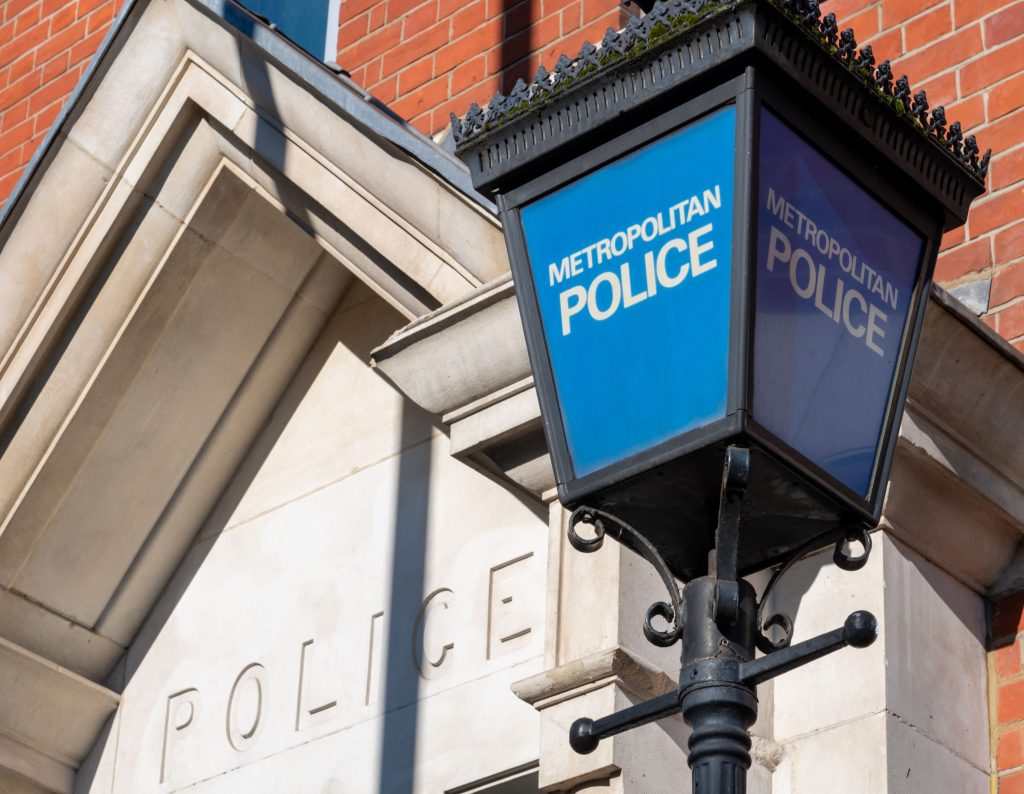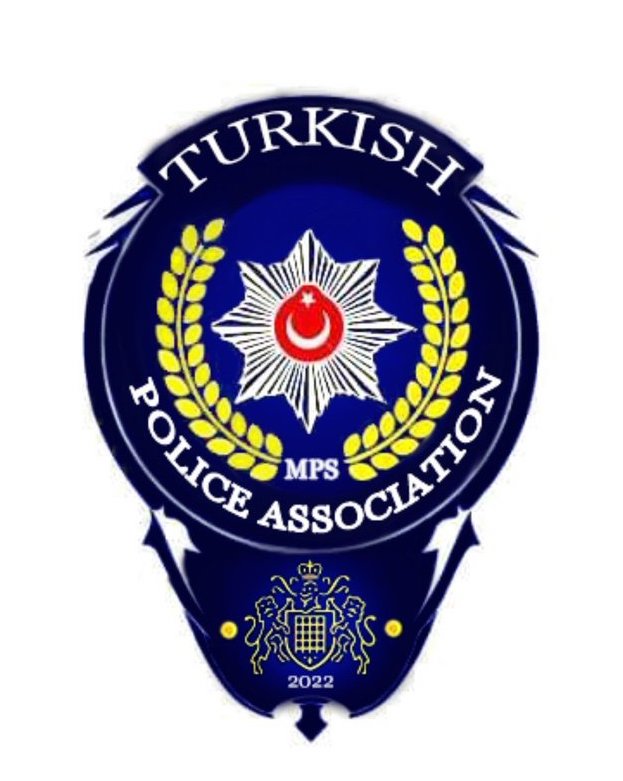The Metropolitan Police Service has today issued an apology to the Turkish and Turkish Cypriot community over its use of a racially and religiously offensive case study, stating it is “very sorry” about the training material that “has caused so much upset”.
The Met also made the unexpected move of inviting British Turks to test drive its future training and to sit in on university classes in a bid to offer “further reassurance of our training provision and recruit learning.”
In its apology, the Met acknowledged they had “misjudged the wider impact” of their training material, which had been “designed by educational professionals to meet specific learning objectives”.
The case study was centred on a Turkish Muslim male responsible for multiple vile criminal acts. He was described as a ‘racist, drug-dealing Turkish gangster, murderer and rapist’, with graphic details of the crimes he was committing.
These abhorrent crimes included murdering a ‘Chinese man’ using a ‘Gurkha knife’, and assaulting and raping his ‘Indian Hindu girlfriend’ in front of their 13-year old daughter, and forcing the woman to eat beef despite knowing it was against her faith, while seeking to justify his criminal behaviour under ‘Sharia law’.
The same Turkish man was also said to racially abuse his Greek Cypriot neighbours, and tip their disabled son from his wheelchair “for a laugh.”
While attributing some of these traits in a single person would be understandable, there was no clear explanation of why the Met needed to concentrate so many vile attributes in one person, creating an extreme, and in part absurd, caricature of a Turk.
The Times’ crime editor shares the Met’s offensive case study about a Turkish male
If Quentin Tarantino wrote a crime drama it wouldn’t be as violent + implausible as the roleplay scenario the Met has used to teach new recruits about what faces them in London. Lecturers complained it was full of racial tropes. Here’s the very, very sanitised version pic.twitter.com/bFaCJvgWGU
— Fiona Hamilton (@Fhamiltontimes) July 15, 2022
In a joint statement, Haringey and Enfield Council Leaders Peray Ahmet and Nesil Caliskan, who are both of Turkish Cypriot heritage, described the case study as “negative racial stereotyping of people of Turkish heritage”.
The Turkish Police Association (TPA), Baroness Meral Hussein-Ece, and the British Turkish Cypriot Association were among the British Turkish community groups and leaders to also write in to the Met to criticise their use of Turkophobic and Islamophobic material as part of their training for new new detectives. Many ordinary British Turks also complained directly to the Met or via social media.
The Met invites community to vet future training material
The disturbing case study’s inappropriate use of ethnic and religious references also led to criticism from other communities and police associations, including the Black Police Association, the Muslim Police Association, and the Chinese and South East Asian Police Association.
The outcry from such diverse communities resulted in the Met withdrawing the offensive material from its course for new detectives, which had been developed externally by Babcock International, and taught at four London universities.
The furore over the course has also led to the Met’s Learning and Development division reappraising how it utilises such ethnic and religious references in future training material.
A suggestion by the BTCA, urging the Met to use community experts, such as the TPA, to ensure “fair and authentic representations” of Turks seems to have been heeded.
TPA head Eren Emin told T-VINE it had met with senior officials from the Met’s Learning and Development team to discuss ways not only to remedy the current situation, but to also build in important safeguards by involving the community to prevent a similar incident occurring again.
That aspect was included in today’s apology. The Met will be forming a new “Staff Support Association Reference Group” so police officers “contribute to the design and delivery of all training materials both within and beyond the recruit environment.”
The Met has also invited “community members” to become an “integral part of the design and delivery of training” via the Community Reference Group. This group, already in use to help broaden and deepen the understanding of new recruits about London’s diverse communities, will see its remit broaden to include all police training.
In an innovative move designed to reassure the Turkish community, the Met also invites community members to attend their university classes “to see our recruits and their classes taking place”.
The Metropolitan Police apology in full
“We would like to apologise to all communities and directly to the Turkish and Turkish Cypriot community who have been affected, we are very sorry that this has caused so much upset and we understand why.
“We have heard from many members of the community and have met with the Turkish Police Association and other Staff Associations who represent and work with community members and our colleagues across the Met.”
“The training materials were designed by educational professionals to meet specific learning objectives. However, we clearly misjudged the wider impact of this material on this occasion. As soon as we received feedback, the case study was amended and we have taken steps to ensure that this amended version is applied consistently across all our Universities.
“In order to further strengthen the existing scrutiny process, it will now be standard practice that all new training material is put through the MPS Learning & Development Community Reference Group who have a remit to test, challenge and shape our thinking.
“We are now taking a new action to introduce a Staff Support Association Reference Group for Met colleagues to contribute to the design and delivery of all training materials both within and beyond the recruit environment.
“We would like to encourage more community members to join the Community Reference Group and be an integral part of the design and delivery of training across all our programmes. We have already seen the impact our community led training has made on our recruits and their deeper understanding of communities across our diverse city.
“We would also welcome the opportunity to host members of the community within the Universities to see our recruits and their classes taking place and we are hoping this may provide members of our communities’ further reassurance of our training provision and recruit learning.
“We do hope that you will help us to move forward and become more involved in the design and delivery of our future training provision.”
Main image, top, of a Met Police sign by police station entrance, 2020. Ohoto © Yau Ming Low / Shutterstock






